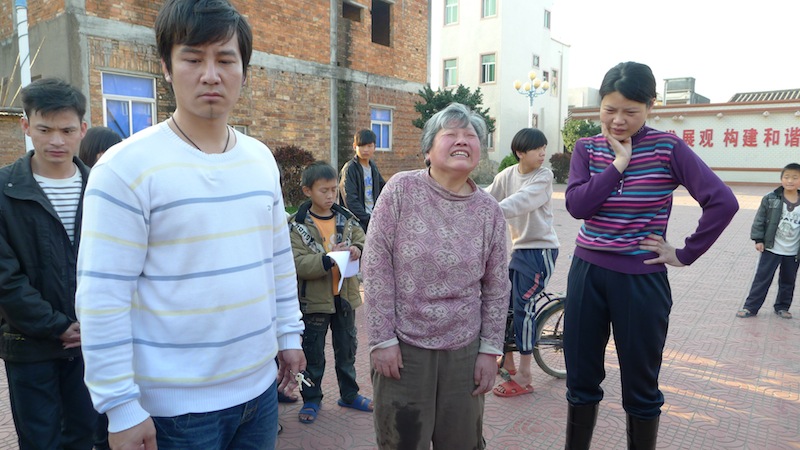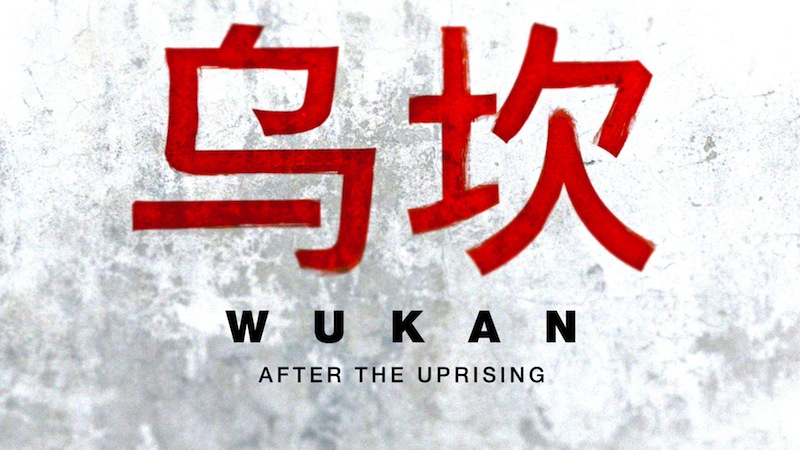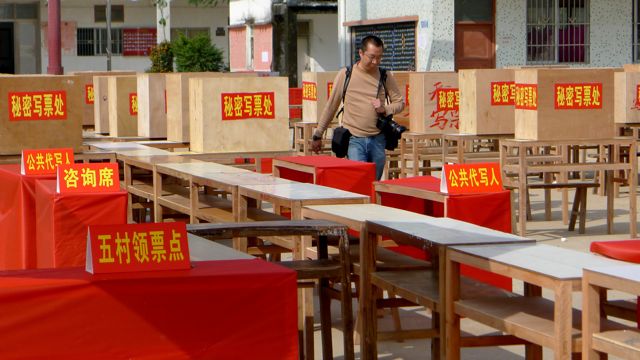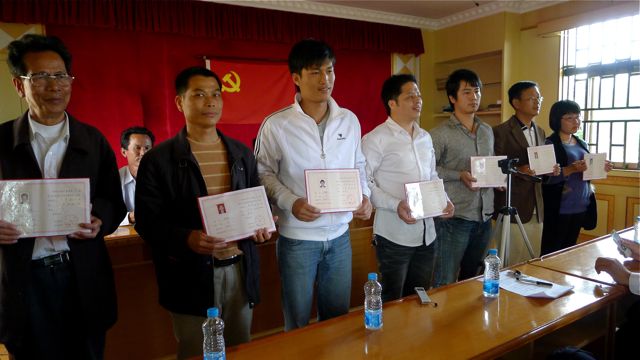We rooted for Wukan when we first learnt about its struggle: a fishing village in Southern China, rising up against decades of corrupt rule and illegal land grabs by its local leaders. Thanks to social media, breathtaking images of the revolt were widely circulated online – thousands of angry villagers waving placards and banners, chanting slogans, standing their ground even as authorities threatened a crackdown.
It is hard not to be blown away by Wukan’s story, by its people’s courage, by what it ultimately succeeded in doing. News that Wukan had ousted its Village Committee and won government approval to hold unprecedented democratic elections made headlines all over the world. It was arguably, one of the biggest stories to emerge from China in 2011, a story celebrating a people’s tenacity in the face of overwhelming odds.
I remember wishing we were in Wukan as the action was unfolding, but we were working on another project back then and could only follow the story from a distance. When we finally got to the village, it was just two days before the historic vote. There were journalists and camera crews everywhere. Villagers we met told us we were late to the party. Where were we during the uprising? What was the point of coming now that the hard part was over?
In many ways, they were right. We would have loved to document the protests, to understand how Wukan’s activists managed to achieve what so many other rebel villages in China fail to do. But our brief was a little different. We had been sent to find out what happens to a community after a revolt, after the battle for democracy is won and the hard work of governing a people begins.
What followed was an unforgettable year.
*
“This election brings much joy to Wukan,” acting Village Chief and leading activist Lin Zuluan told a huddle of journalists on the eve of the elections. “It’s a new democratic structure.”
For Lin and his supporters, those heady few days in February 2012 must have felt amazing. There was a genuine sense of euphoria in Wukan, a sense of having achieved something remarkable. Ordinary people we spoke to said they believed they’d put the worst behind them. Life would be better now that democracy had arrived. More importantly, the new Village Committee would serve the people and win back land that had been illegally sold by their predecessors.
Still, we suspected even then that Wukan’s rebel leaders would find the transition from being activists to politicians challenging. They’d overturned the old structure and brought about change. But now that that battle had been won, it was time to restore law, order and stability. Doing so might mean sacrificing a few ideals. We saw this early on in our shoot when we met the activist and election candidate who would become the main character of our series.
*
Zhang Jiancheng had agreed that we could follow him as he prepared for the vote. He and his brother Jianxing, were well-known activists and we had hoped to document the elections through the experiences of these two young men. But as with all documentary shoots, things didn’t go as planned. Jiancheng never got round to doing whatever a candidate was supposed to do. He barely even had a moment to talk to us. An unexpected crisis was taking up all his time.
Wukan’s successful uprising had led to a strange phenomenon. The village was now a magnet for aggrieved people from all over China, most of them victims of illegal land grabs. They hoped that by being in Wukan, they too could draw attention to their problems.

Election candidate, Zhang Jiancheng, found himself dealing with an unexpected crisis a day before Wukan’s historic vote
Many of these visiting villagers were content to hand out leaflets and petitions to foreign journalists and to speak to whoever would listen to their story. But amid the crowd, there was a group of three women who appeared truly desperate. Their relatives had been imprisoned following a protest and they said there was no one else they could turn to. When Jiancheng took it upon himself to help them, they quickly proclaimed him their hero.
I will not give away here what happened next but it continues to haunt me, and likely will for a long time more.
Is it more important to look out for the interests of your community, or stick to your ideals and stand up for those with no voice? As his fellow villagers celebrated the arrival of democracy, Jiancheng found himself facing a tough choice. There would be many more difficult decisions to make after the elections.
*
When we first got to Wukan, democracy was the buzzword. The villagers saw the elections as the beginning of a new chapter – democracy would deliver them from ever having to serve corrupt officials again. Everyone would have a say in how their village was run. Wukan’s leaders would be answerable to the people and give them whatever they desired.
By the time we finished our shoot though, disillusionment had set in. Democracy, we learnt, was complicated business. The work that came with being an elected leader, often difficult, thankless and at times, tedious.
Democracy did not solve numerous problems brought about by decades of corrupt rule. Democracy could not help unravel complicated land agreements. Democracy did not shield the villagers from having to deal with county and provincial officials who were used to doing things the old way. Democracy did not deliver justice to the family of Xue Jinbo, an activist who died under mysterious circumstances whilst in police custody. Democracy, Wukan’s villagers realised, was not all that it was hyped up to be.
As I write this, news of the ouster of Egypt’s democratically elected president, Mohammad Morsi, is breaking. He too had risen to power on a wave of post-revolution euphoria. But he’s now under house arrest and the military, it appears, is back in charge. Morsi, the army chief announced, had “failed to meet the demands of the people”. Is Egypt giving up on democracy? Will Wukan do the same?
What happens after an uprising? The celebrations end and the hard work of governance begins. And whether it be on a scale as vast as Egypt’s, or in a Chinese fishing village, the transition is often difficult and fraught with risk. In Wukan, the same activists who fought so bravely for change must continue to find ways to keep their idealism alive. It has not been easy and will likely, never be.
We are grateful to Wukan’s villagers and Village Committee for letting us witness their remarkable journey, for opening their homes and hearts to us this past year. Democracy might not always make things better. It can even be disappointing. But we know that despite all that has happened, despite the disillusionment, despite the promises that now seem impossible to fulfil, the struggle for a better Wukan continues.
‘Wukan: After the Uprising’ was commissioned by Al Jazeera English. Watch the series here. A feature-length version, ‘Wukan: The Flame of Democracy’, premiered at the International Documentary Festival, Amsterdam in 2013.
Awards:
Special Mention, Dubai International Film Festival 2013
First Prize, Human Rights Press Awards, Hong Kong 2014
Best Documentary, Chopshots 2014




